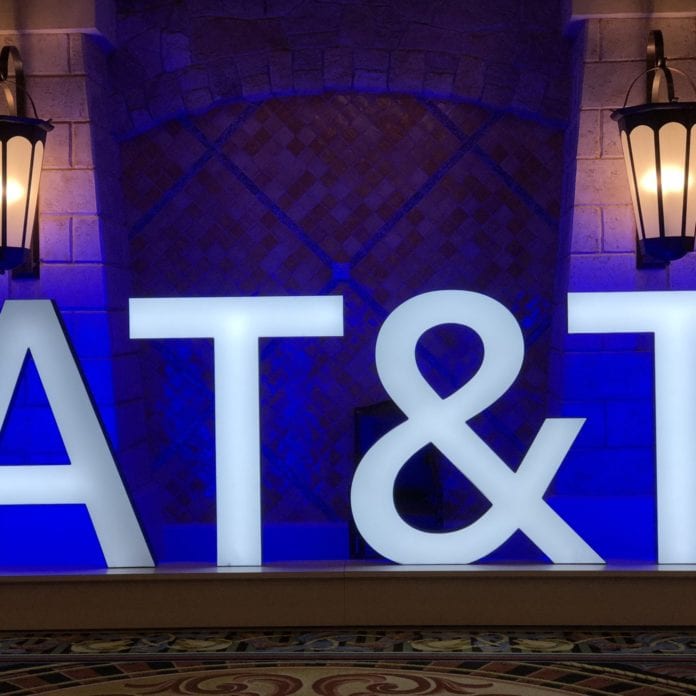AT&T highlights plans to offer Samsung 5G handsets, plural, in 2019
Wailea, MAUI–AT&T will launch mobile, standards-based 5G in a dozen markets by the end of 2018. That was the message from a trio of execs during a roundtable meeting with the press on the sidelines of Qualcomm’s Snapdragon Tech Summit. Despite being less than a month from the deadline, carrier reps wouldn’t commit to a date but reiterated they will get it done.
Gordon Mansfield, vice president of converged access and device technology, AT&T, provided a snapshot of the work going on currently to make the launch happen. “From a standards completion perspective to when we’re launching is the shortest duration that’s ever happened in a generation of technology by a lot. The equipment to be hung is literally coming off the production line and going straight to the field. We’re not even using normal shipping channels. We continue to optimize software. That’s progressing. There’s still a lot of work that we’ve got to wrap up in the next couple weeks.”
AT&T’s launch 5G device is a mobile hot spot, but this week the carrier made quite a splash with announcements regarding handset availability. On Dec. 4, the company said it would offer a Samsung smartphone that supports millimeter wave frequencies in the first half of 2019. They followed on Dec. 5 with the surprise announcement that the second half of 2019 would bring a Samsung 5G smartphone that supports both millimeter wave and sub-6 GHz frequencies.
That trajectory raises the question, what sub-6 GHz frequencies does AT&T have tapped for 5G deployment?
“For AT&T,” Mansfield said, “we have our UMTS and our LTE networks live today. The UMTS traffic is very rapidly moving to LTE,” meaning the 3G frequencies can be re-farmed for 5G. “That’s the first step.” AT&T’s 3G network uses Band 2 (1900 MHz) and Band 5 (850 MHz).
By using millimeter wave and sub-6 GHz, “We will have pretty broad 5G coverage by the end of 2019,” Mansfield said.

